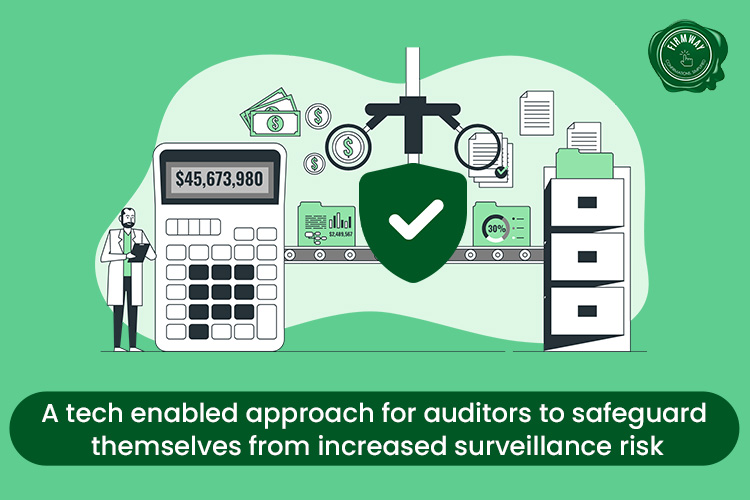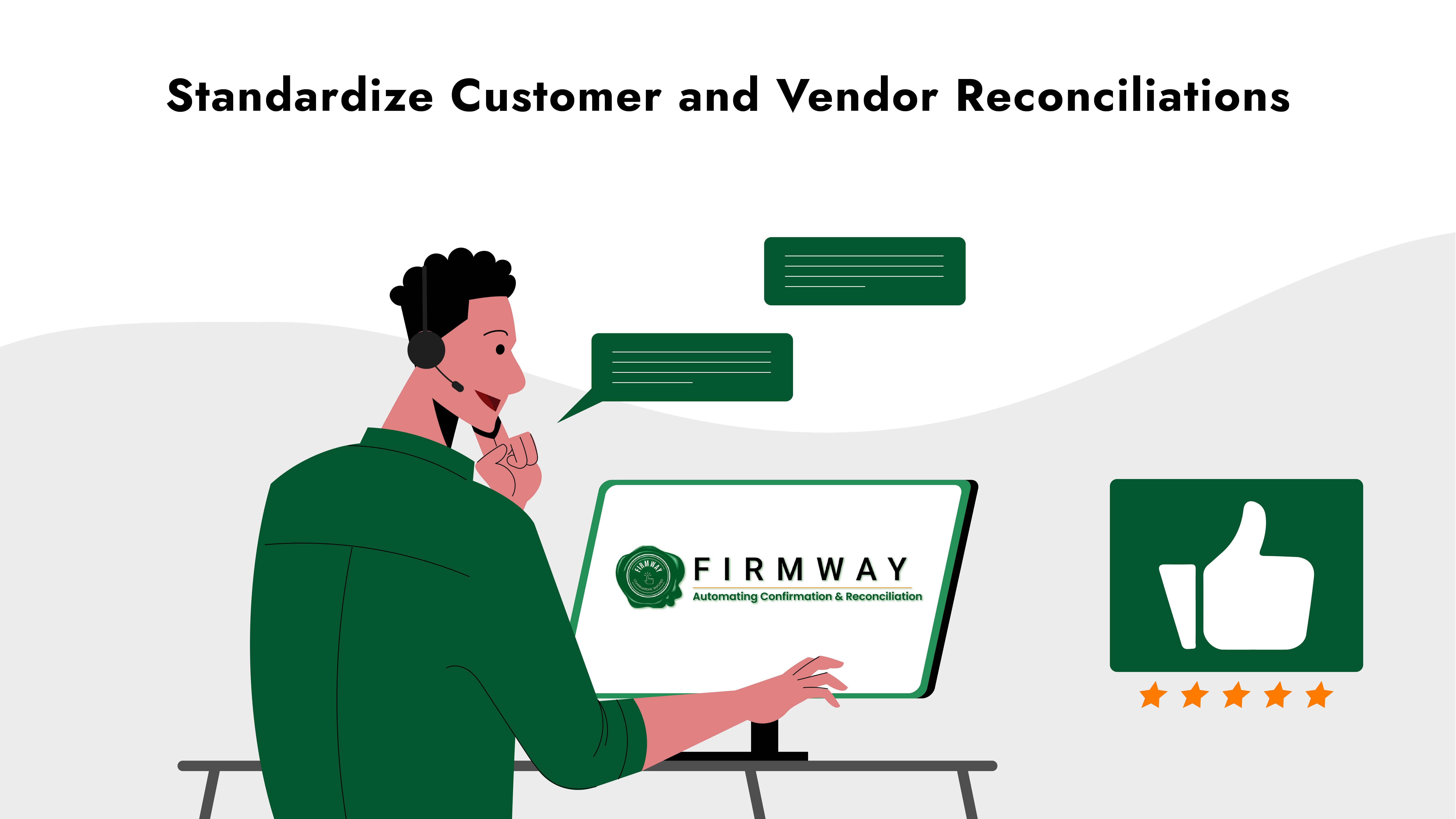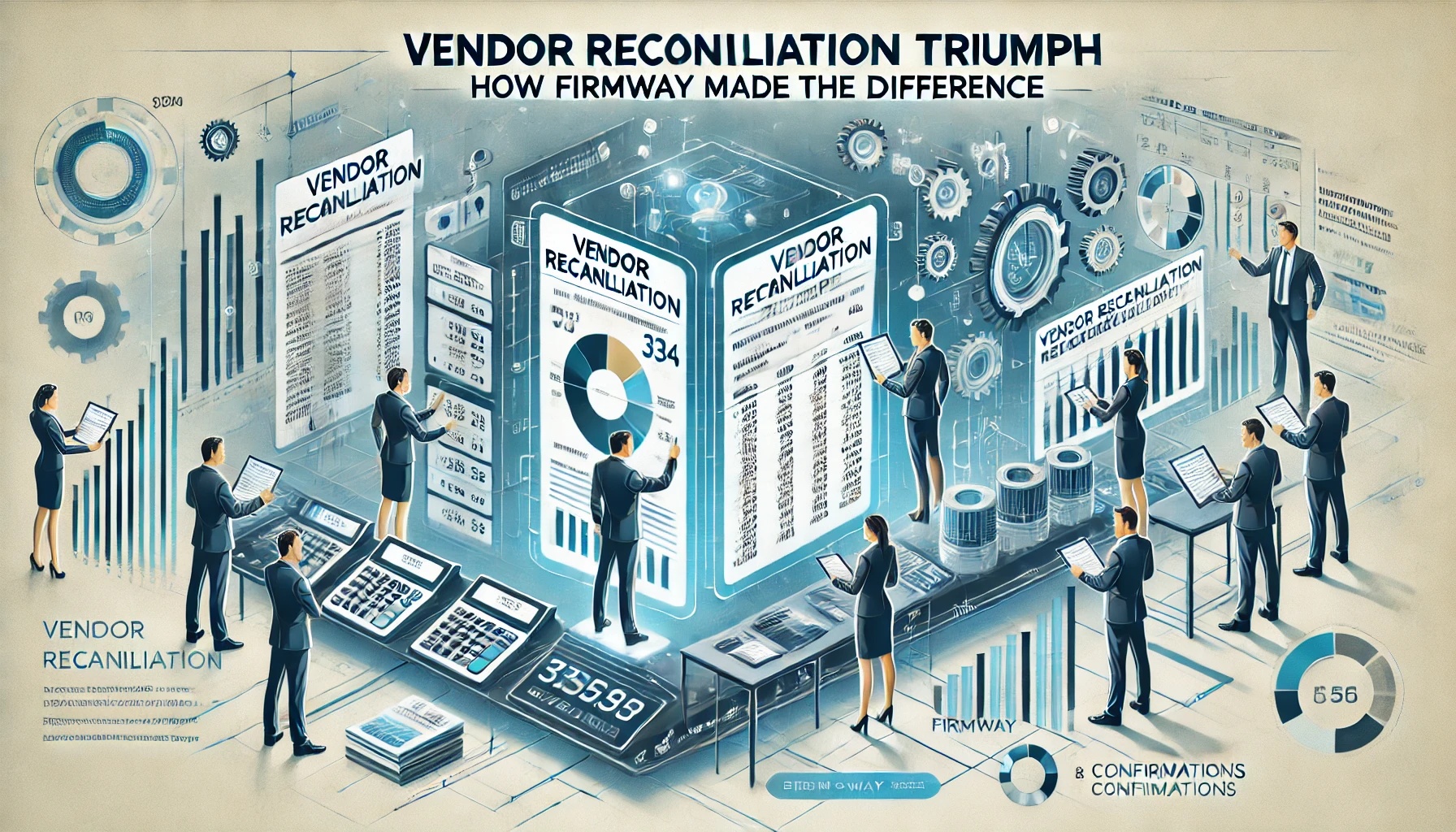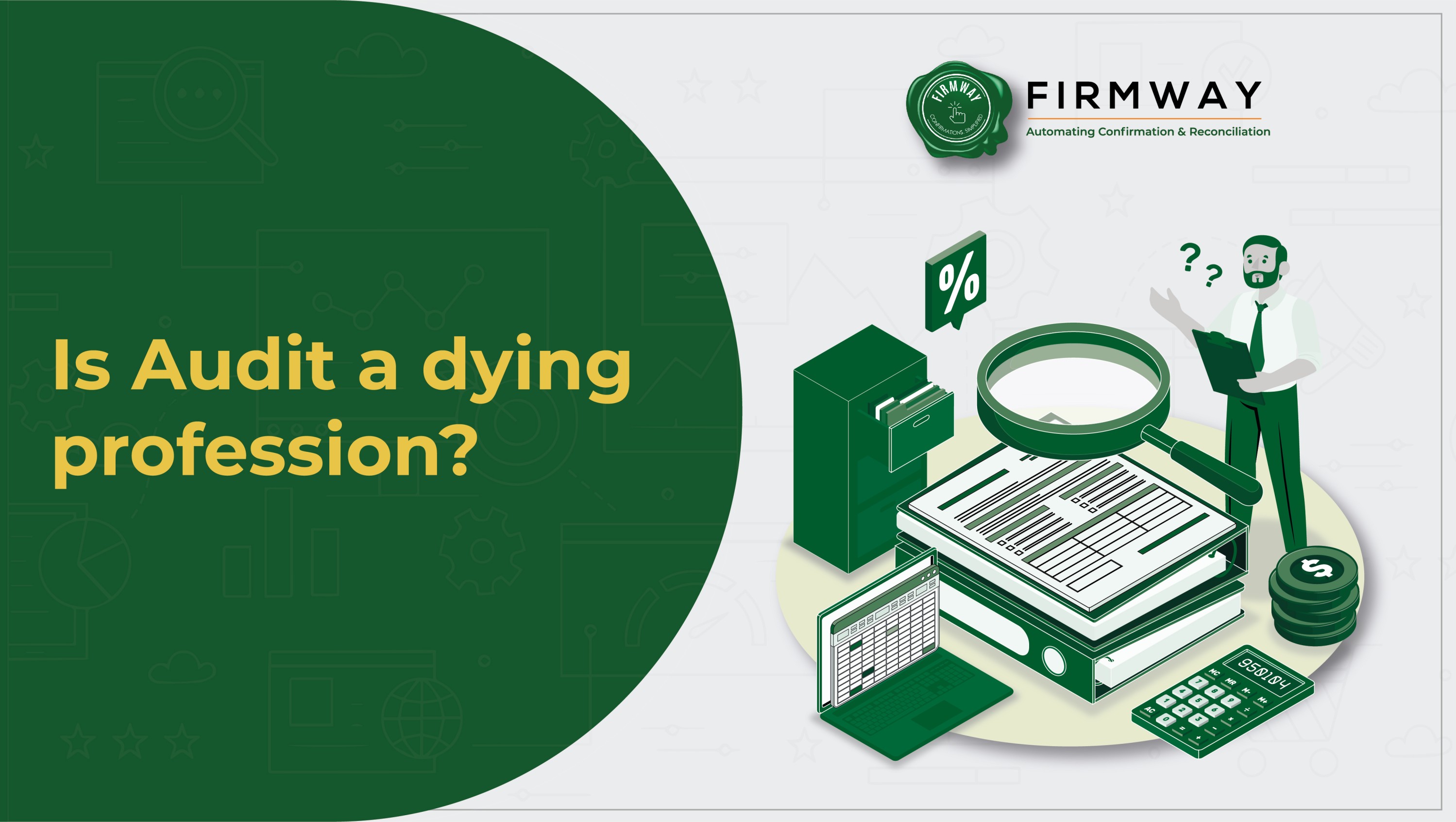The Tech in Auditing Amid Stricter Regulations and Growing Risks
Recent court cases show how expectations for auditors have changed:
- ICAI v. Mukesh Gang: The Hyderabad High Court found auditors guilty of gross negligence because they had failed to follow audit standards.
- Union of India v. M.N. Basu: The Calcutta High Court, however, took a different view and ruled that some mistakes were due to errors in interpretation, not negligence.
As a result, the idea that auditors are “watchdogs, not bloodhounds” now seems outdated. In the past, auditors often skipped key steps, such as obtaining independent confirmations. However, risks in the profession have increased greatly, while earnings have not grown to match these risks.
How Tech in Auditing Is Helping Navigate New Pressures in Auditing
To manage these challenges, auditors are now using new technologies. Navigating New Pressures: The Tech in Auditing highlights this important shift.
For example, many firms use tools like practice management software, data analytics, and audit confirmation platforms. These tools make audits faster and more accurate, and they also reduce costs.
Firmway is one such platform that automates the entire audit confirmation process. In cases like Satyam, fraud happened because auditors relied too much on client-provided data. They did not verify the information with independent third parties, such as banks.

Firmway: A Game-Changer in Auditing
Firmway helps auditors automate the audit confirmation process, and it works in collaboration with ICAI to ensure compliance with SA 505 guidelines.
The platform makes confirmations easier and more reliable. For instance, in cases like Satyam, independent confirmations could have stopped fraud early, and Firmway provides an automated solution for this.
In addition, the platform saves time and reduces effort. It ensures financial data is clear and accurate, which lowers the risk of fraud and human errors. Furthermore, it makes audits faster and smoother.
In today’s challenging environment, tools like Firmway build trust among auditors and regulators because they make processes more transparent.
Conclusion
Navigating New Pressures: The Tech in Auditing shows that auditors must adapt to growing risks. Tools like Firmway give them the support they need, and these tools help auditors protect themselves while delivering better results for clients and stakeholders.
To learn more about Firmway’s Audit Confirmation tool, Click here.





